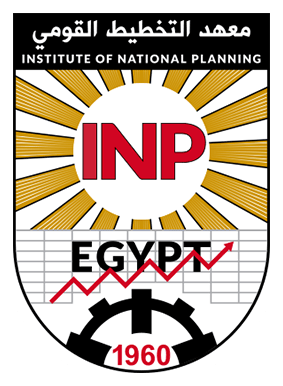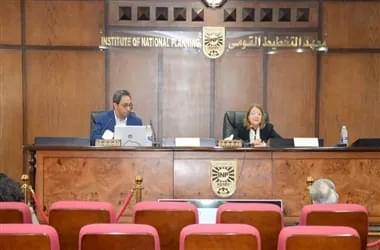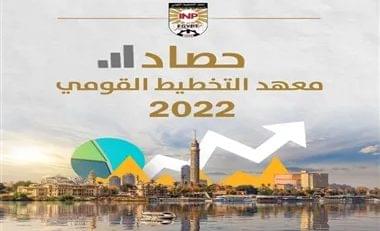The Institute of National Planning held the second seminar of scientific follow-up, in which a report on the “global status of urban national policies entitled “Achieving the Sustainable Development Goals and Action for Climate” issued by the United Nations Habitat and the Cities alliance program of the World Bank was presented, and the Organization for Economic Co-operation and Development (OECD).
Dr. Khaled Abdel Halim, a teacher at the Regional Development Center at the Institute of National Planning and the presenter of the report, explained that the main purpose of the report is to follow up the progress of the countries of the world during 2021 in preparing and implementing national policies for urban development, reviewing the experiences of 162 countries, with a focus on the experiences of these countries in using the national policy Urban development to address the effects of the Corona pandemic, climate changes and the urban challenges resulting from them.
He stressed that the content of the report was based on how countries define the national urban development policy and the results it expects from this policy, as well as the stages of its preparation and the areas it covers or focuses on, and the governmental institutions based on its preparation, and a discussion of the success factors for preparing the national urban development policy, including: Policy alignment With the directions of the state and with the different levels of government, and the involvement of the relevant societal parties.
He added that the results of the report concluded that in 162 countries there are national urban development policies, whether they are declared independently or integrated within other development policies such as housing, land use or transportation.
In this context, the report recommended using the National Urban Development Policy as a tool for linking and coordinating between the ministries responsible for urban development and those responsible for climate change and the environment, and building monitoring and evaluation systems for urban policies linked to sustainable development goals and other global indicators, as well as exchanging experiences, knowledge and experiences between countries on the preparation and implementation of the policy. National Urban Development.
Related Posts
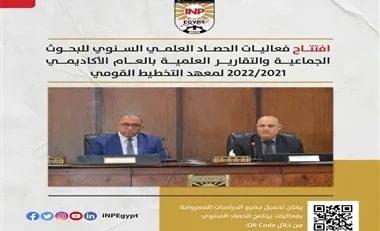
The opening of the annual scientific harvest activities for collective research and scientific reports in the academic year 2021/2022 for the National Planning Institute
Prof. Dr. Ashraf El-Araby, President of the Institute of National Planning, and Prof. Dr. Khaled Attia, Vice-President of the Institute... read more
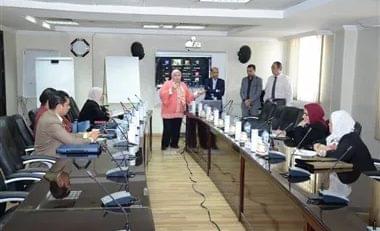
The Institute of National Planning opens the second session of the “Professional Diploma in Governance and Sustainable Development” training program for employees of the Ministry of Health and Population
Based on the Institute of National Planning's keenness to raise the efficiency of the state's administrative apparatus, promote investment in... read more
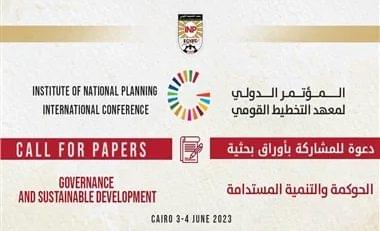
International Conference of the Institute of National Planning (INP) “Governance and Sustainable Development”
The Institute of National Planning is organizing an international conference on "Governance and Sustainable Development" in cooperation with School of... read more

Al-Araby” reviews “The Philosophy of Development and the Role of the State in Deepening Local Industrialization in Egypt” in a detailed study in the Egyptian Journal of Development and Planning
"Al-Araby" reviews "The Philosophy of Development and the Role of the State in Deepening Local Industrialization in Egypt" in a... read more
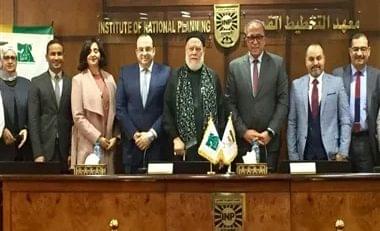
A cooperation protocol between the Institute of National Planning and “Misr El Kheir” to support the performance of civil organizations
The Institute of National Planning signed a cooperation protocol between the Institute of National Planning and "Misr El Kheir" to... read more

INP Salon
In its first meeting, INP Salon will host Mr. Nabil Fahmy, the former foreign minister and founding dean of the... read more
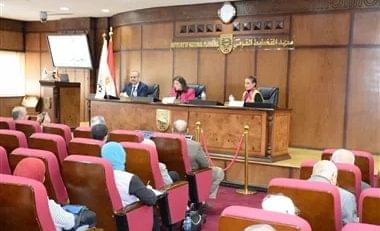
The Institute of National Planning holds a symposium entitled “Image Processing and Artificial Intelligence to Achieve Sustainable Development Goals”
The Institute of National Planning holds a symposium entitled "Image Processing and Artificial Intelligence to Achieve Sustainable Development Goals"
The Planning... read more
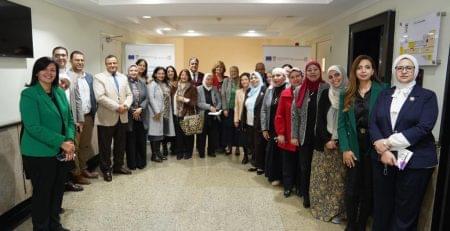
The National Council for Women (NCW), in cooperation with the Institute of National Planning (INP) and the International Training Center of the International Labor Organization (ITCILO), Turin, Italy, launched on December 18 and 19, 2023, a workshop entitled “Institutional Analysis Response to Gender Equality and Women Empowerment”,
within the "Increasing the Participation of Women in Public Life in Egypt" project implemented by the NCW in cooperation with... read more

The Institute of National Planning (INP) is organizing its annual international conference (2026). This year’s topic is on “Labor Market and Sustainable Development” that will be held in Cairo, 20-21 June 2026.
The conference aspires to be an intellectual and scientific platform for formulating a new vision for the labor market and... read more
